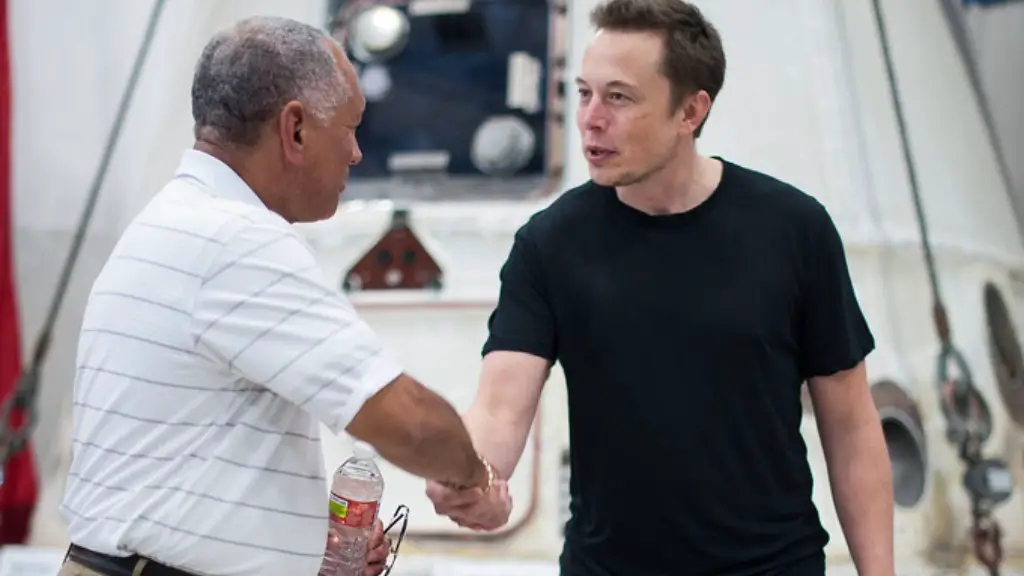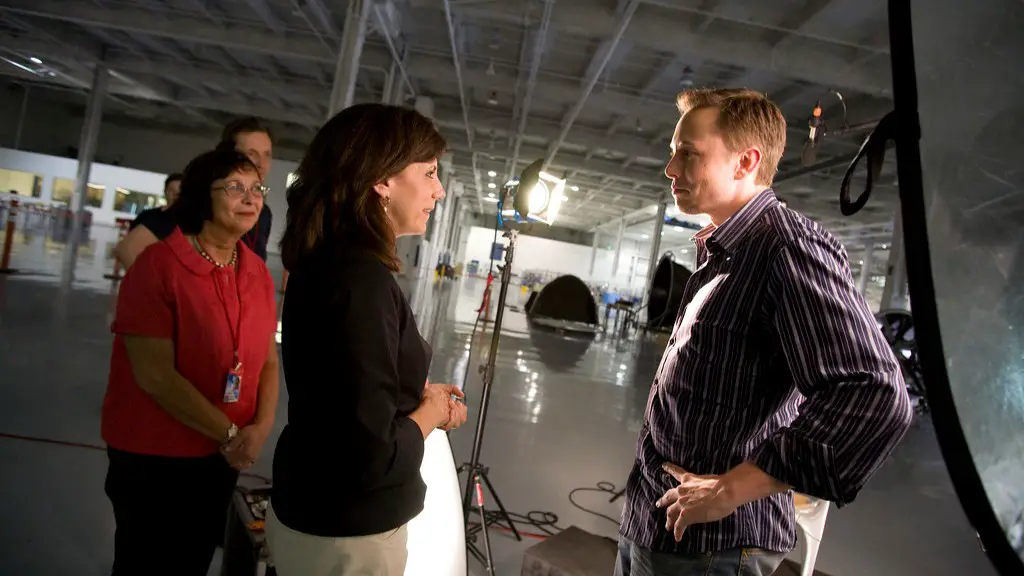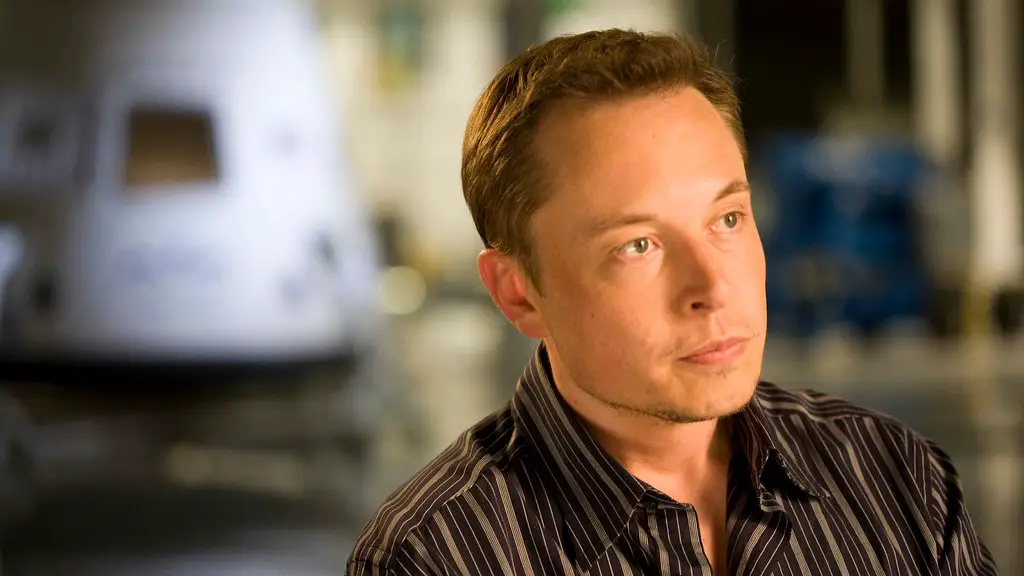How Much Did Elon Musk Pay in Federal Income Tax?
The question of how much did Elon Musk pay in Federal Income Tax is one that has been asked and debated around the world for some time now. In recent years, it has become even more pertinent as the tech mogul has amassed a vast fortune and become one of the wealthiest people on the planet.
According to the Los Angeles Times, Elon Musk reported an income of $277.9 million in 2018, which made him the third highest income-earner in the US that year – behind Amazon founder Jeff Bezos and investment banker David Rubenstein.
With the astounding level of income he reported, it would be reasonable to think that Musk would be liable for a large sum of money in Federal Income Tax. Unfortunately, due to a loophole in the U.S. tax system, he paid no federal income tax at all that year. Not only that, but he actually reported a net operating loss for that year.
The loophole Musk took advantage of is one which allows business owners to offset taxes from other years that have since been refunded. By doing this, it meant that he could essentially offset any gains from the 2018 tax year, meaning he was not obliged to publicly pay any money.
The news of Musk’s lack of income tax payment has caused outrage in certain sectors. Organisations such as the Institute on Taxation and Economic Policy (ITEP) have been quick to criticise the optics of the situation, highlighting the vast wealth disparity in U.S. society.
“It is hard to overstate how egregious it is for the wealthiest person in the United States to have paid nothing in federal income taxes,” ITEP Senior Fellow Steve Wamhoff said in a statement. “This only underscores the need for comprehensive reforms that result in the wealthiest corporations and individuals in our nation paying their fair share.”
Other commentators have questioned whether this kind of loophole and level of financial maneuvering should be allowed in the first place. Many have called for Congress to rewrite the tax code in such a way to ensure that wealthy individuals do not get away without contributing towards the public purse.
Moral Questions
Beyond the obvious financial implications of the situation, it has also raised moral questions over whether it is right for someone to dodge income taxes when they have made such a vast fortune. As things stand, it appears that so long as the right calculations are made, it is perfectly legal for people like Musk to pay no taxes at all.
Many view this as morally wrong, regardless of legal intricacies, feeling that the payment of income taxes is a civic duty that wealthy people should be contributing to, in the same way as everybody else. This is especially true for well-respected entrepreneurs such as Musk, for whom the community and society in which he works has been such an important factor in his success.
Addressing the issue of Musk paying zero income tax in 2018, Jack Neeley of the Tax Foundation, an independent think tank, said: “The more you can spread the tax burden across all citizens, the more fair it is. That is obviously not what happened here.”
The fact that Musk’s mind-boggling wealth has been created largely off of the back of taxpayer-funded research has also been noted by many commentators.
Taxpayer Investment in Elon Musk
The main example of taxpayer investment in Musk’s ventures has been through the state of California, in the form of $4.9 billion in subsidies for Tesla and SpaceX. With California having an income tax rate of 13.3%, this means that the state is required to pay more than the billionaire.
This has caused further outrage in certain quarters, with many seeing it as a flagrant misuse of money which should go towards things like health, education or public works. These are all areas which Musk’s vast fortune undoubtedly could provide substantial benefit to.
In addition to this, it has also been noted that the U.S. government has also invested heavily in SpaceX, in the form of contracts related to launching satellites. This further illustrates how much of Musk’s wealth is inextricably linked to the public purse.
However, Musk himself has been highly vocal in his criticism of government intervention in business and the economy, leading some to view this as an example of hypocrisy.
Income Tax Reform
In response to the situation surrounding Musk, there has been much talk of reforming the U.S. income tax system. This could be done through closing loopholes and creating fairer, more equitable rules for wealthy individuals and corporations.
At present, the U.S. tax system is regarded by many as being outdated, regressive and unfair. This, combined with the sheer amount of wealth that is concentrated in the hands of the wealthiest few, has meant that calls for tax reform have become more and more frequent.
The idea of income tax reform is now gaining traction with the current administration, with members of the government proposing various measures to try and make the system fairer. However, with the current political climate in Washington, it remains to be seen how far any reforms will actually go.
Motivations of Elon Musk
It is important to note that when discussing the issue of Musk’s income tax payments, we cannot forget about the motivations of the man himself. There is no doubt that he has a strong sense of duty to himself and his business, and his actions have always been geared towards the success of his endeavours.
Therefore it should come as no surprise that he has gone to such lengths to ensure that he is not paying more than the bare minimum in taxes. In the eyes of the law (and many of his admirers and fans), this is perfectly within his right to do, so long as it is done using legal and ethical means.
Conclusion: A Complex Situation
As we have seen, the issue of how much did Elon Musk pay in Federal Income Tax is a complex one. With a deep and tangled web of legal bureaucracy, loopholes and highly charged moral questions, there are no easy answers. It is clear, however, that Musk’s actions have caused a great deal of consternation and debate.
Moving forward, it will be interesting to see what kind of reform (if any) will be implemented in order to ensure that the wealthy pay a fair sum in taxes. Until then, the topic of how much did Elon Musk pay in Federal Income Tax will continue to resonate within the public consciousness.



